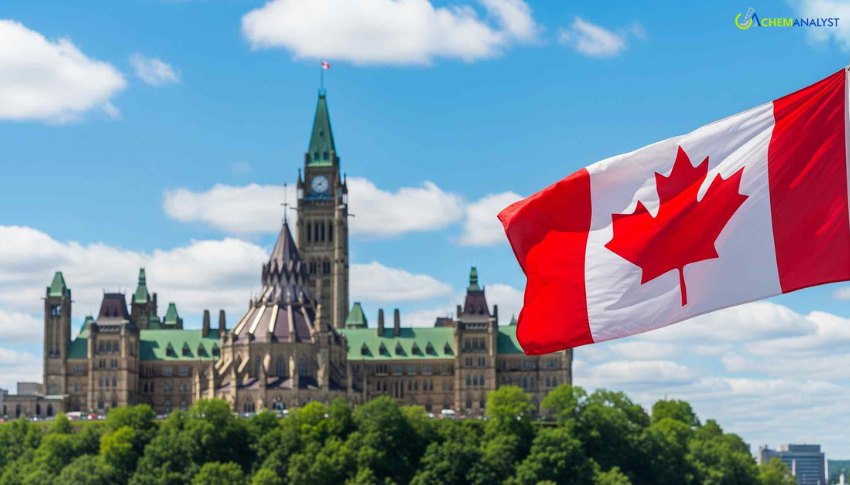Welcome To ChemAnalyst

Federal funding through the Low Carbon Economy Fund targets emission reductions and clean growth, supporting both industrial efficiency and Indigenous-led energy initiatives.
The Minister of Environment and Climate Change, Julie Dabrusin, announced an investment exceeding $13.3 million for five innovative projects across Alberta and the Northwest Territories on July 2. The announcement, made during a visit to Denendeh Manor, an Indigenous-owned apartment building in Yellowknife, underscores Canada’s commitment to fostering a clean economy.
These crucial projects are being backed by the Low Carbon Economy Fund (LCEF), a cornerstone of Canada’s clean growth and climate action strategies. The LCEF is designed to drive down greenhouse gas emissions, stimulate clean economic development, enhance community resilience, and generate employment opportunities for Canadians through its four distinct funding streams: the Leadership Fund, the Challenge Fund, the Indigenous Leadership Fund, and the Implementation Readiness Fund.
Three of the newly announced projects will receive funding through the LCEF’s Challenge stream, which empowers various organizations to adopt proven, low-carbon technologies, thereby reducing their carbon footprint and bolstering their climate competitiveness. The remaining two projects are beneficiaries of the LCEF’s Indigenous Leadership stream, a program specifically crafted to support Indigenous-owned and Indigenous-led initiatives in renewable energy, energy efficiency, and low-carbon heating across the country.
Among the projects funded by the Challenge stream, Sherritt International Corporation is set to receive approximately $1.6 million. This investment will enable them to enhance the efficiency of natural gas-fired boilers at their Fort Saskatchewan, Alberta, fertilizer plant, leading to significant steam generation improvements. Cavendish Farms Corporation will utilize nearly $1.4 million from the Challenge stream to implement a heat recovery system at their Lethbridge, Alberta facility, aiming to decrease their reliance on natural gas. Furthermore, Taurus Canada Renewable Natural Gas Corporation will receive around $3.4 million to construct the world’s first small-scale biogenic carbon capture and storage project. This groundbreaking initiative will utilize manure anaerobic digestion at the Kasko Cattle Co. Ltd. feedlot site.
Under the Indigenous Leadership stream, Denendeh Manor GP Ltd. in Yellowknife will receive approximately $2.3 million. This funding will be instrumental in improving energy efficiency and implementing low-carbon heating solutions at Denendeh Manor. Additionally, the Inuvialuit Regional Corporation has been granted approximately $4.6 million to provide ground-mounted solar installation kits to Inuvialuit-owned cabins located within the Inuvialuit Settlement Region of the Northwest Territories, promoting sustainable energy adoption in remote communities.
These substantial investments unequivocally reaffirm the Government of Canada’s dedication to cultivating a clean and sustainable economy for all Canadians. They are pivotal in achieving the nation’s ambitious greenhouse gas emission reduction targets and safeguarding the environment for future generations.
We use cookies to deliver the best possible experience on our website. To learn more, visit our Privacy Policy. By continuing to use this site or by closing this box, you consent to our use of cookies. More info.
